
Dear friend,
You have the power to become a hero.


Super inspired by the compositions and cinematography (and surprisingly the story-line of the movie: “Suicide Squad”:
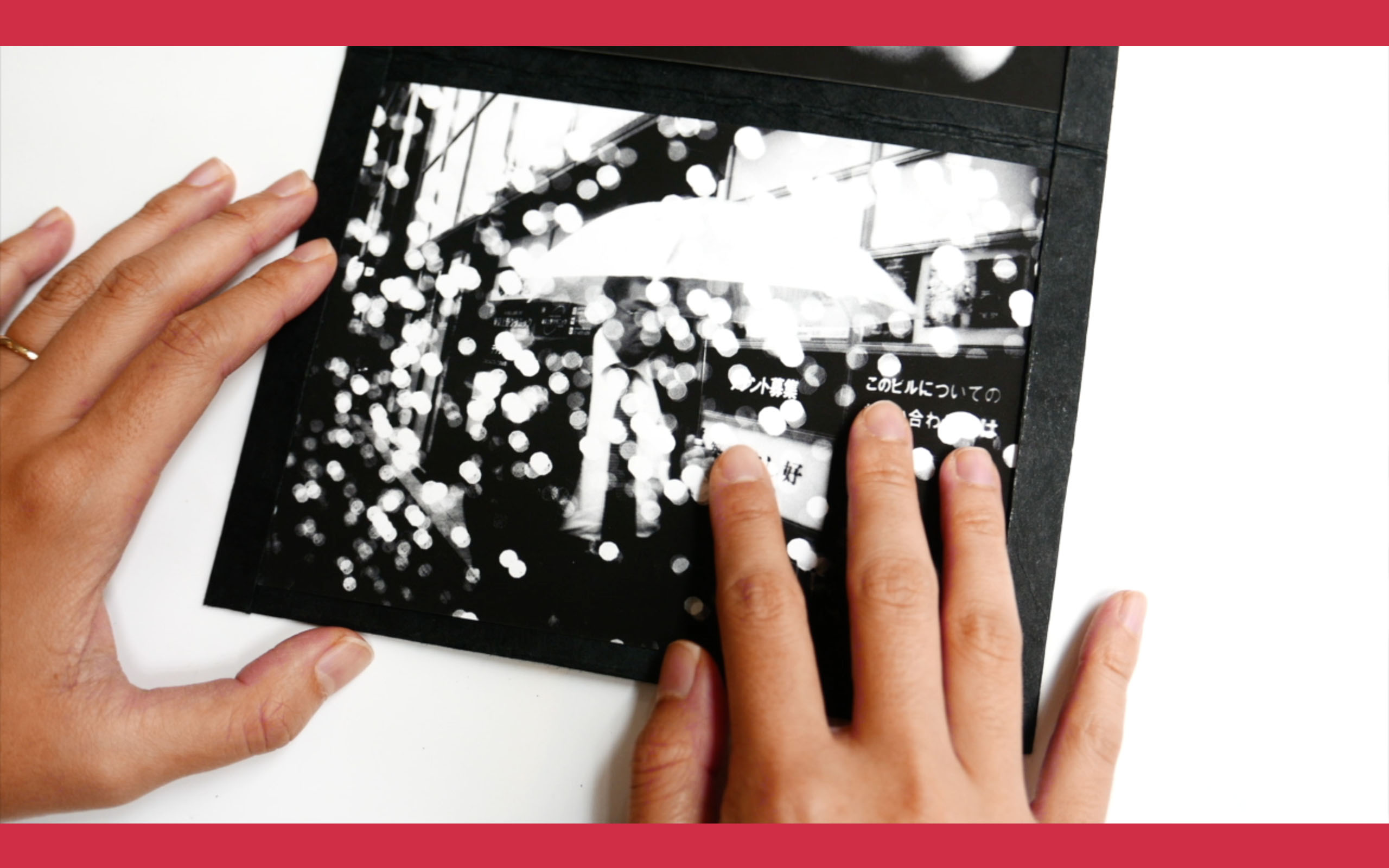
Dear friend,
Cindy and I are excited to share with you our latest creative collaboration: DARK SKIES OVER TOKYO.

A quick street photography tip: When you’re shooting on the streets, focus on the edges of the frame.


Dear friend,
In life and street photography— we are given decisive moments. It is our choice whether to seize it or not.


All the cameras we have are good enough — the limiting factors are the software (how good is the user-interface, helpful features, as well as ease of use). (more…)
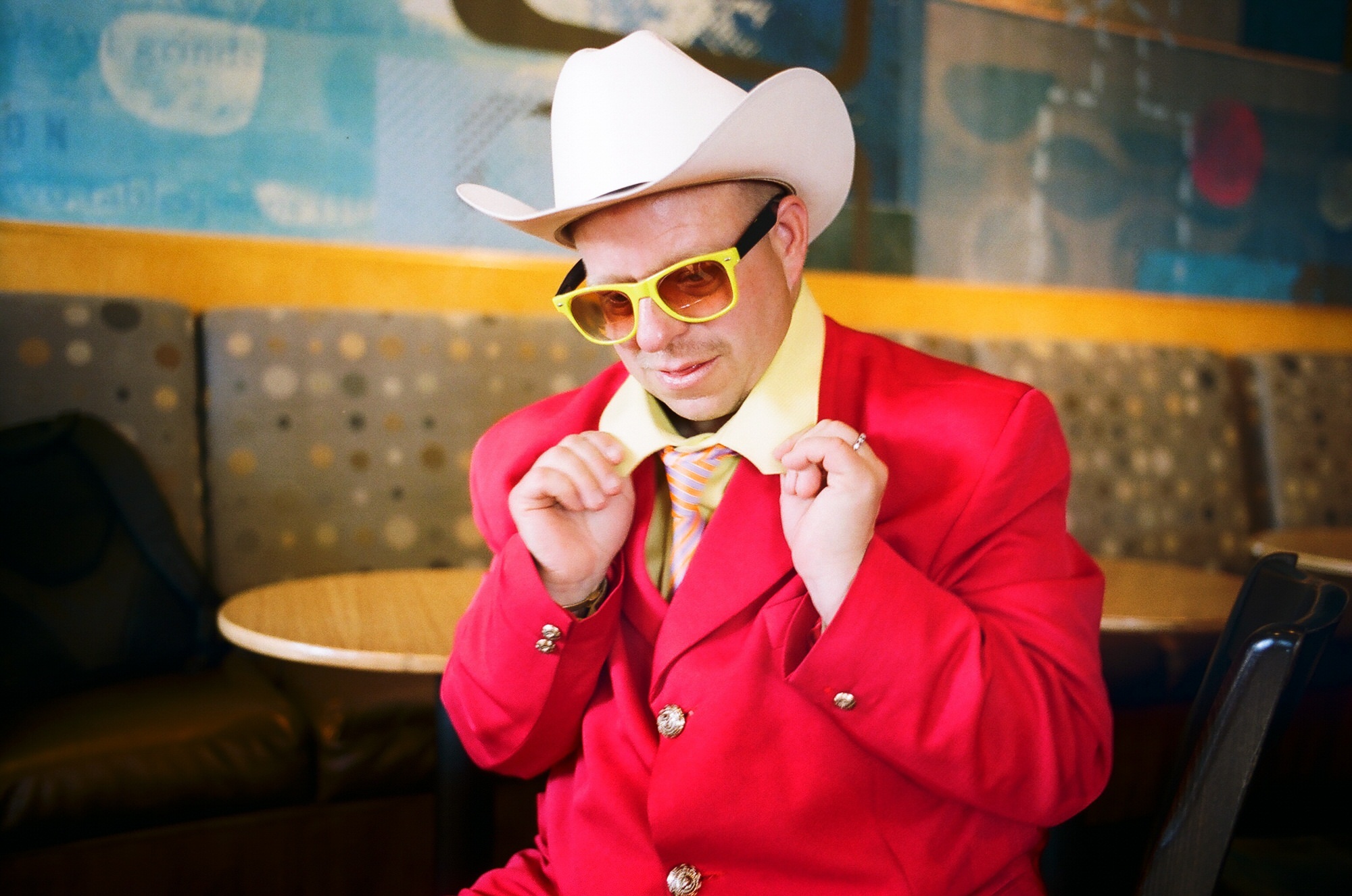

Dear friends,
If you plan on going on a flight, or going somewhere without internet access (and still want access to this blog), you can download this entire blog (offline, without images) as a 1.4GB (yes, very big) direct download. All you need to do is extract this .ZIP file, and open up ‘index.html’ to access the entire site. Have fun :)
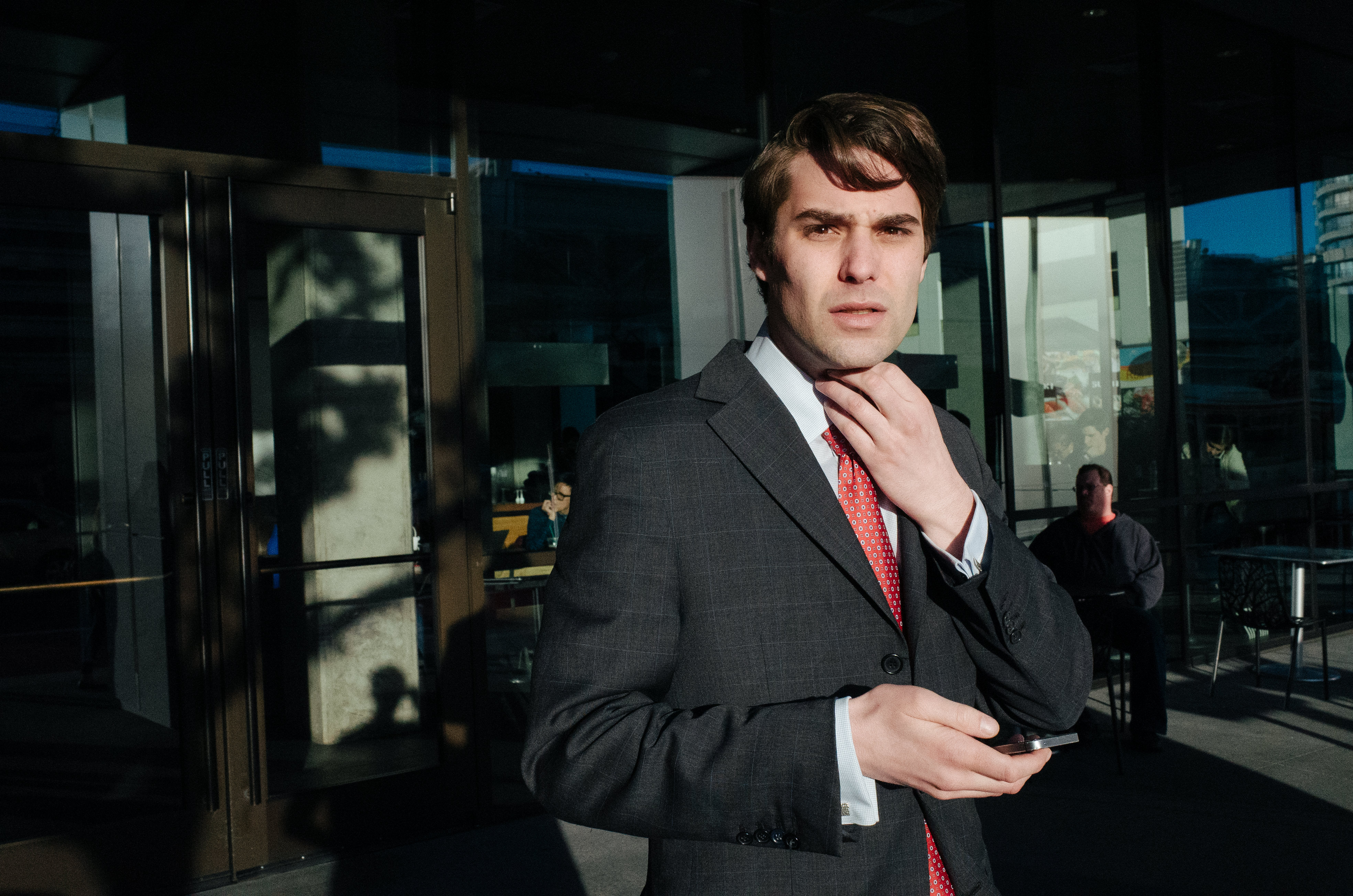

“Fear never advanced any man to the highest standing.†– Pubilius Syrus
Most of us are scared shitless to do what we are interested, curious, or passionate about— because we fear failure. (more…)


Conquer your fears and meet new peers:
For any questions about workshops or returning student discounts, contact neil.ta@erickimphotography.com


Don’t see yourself as a “photographer†— just see yourself as a kid running around with a camera.


Dear friend,
Don’t think or worry too much about your style, direction, or definition of photography.
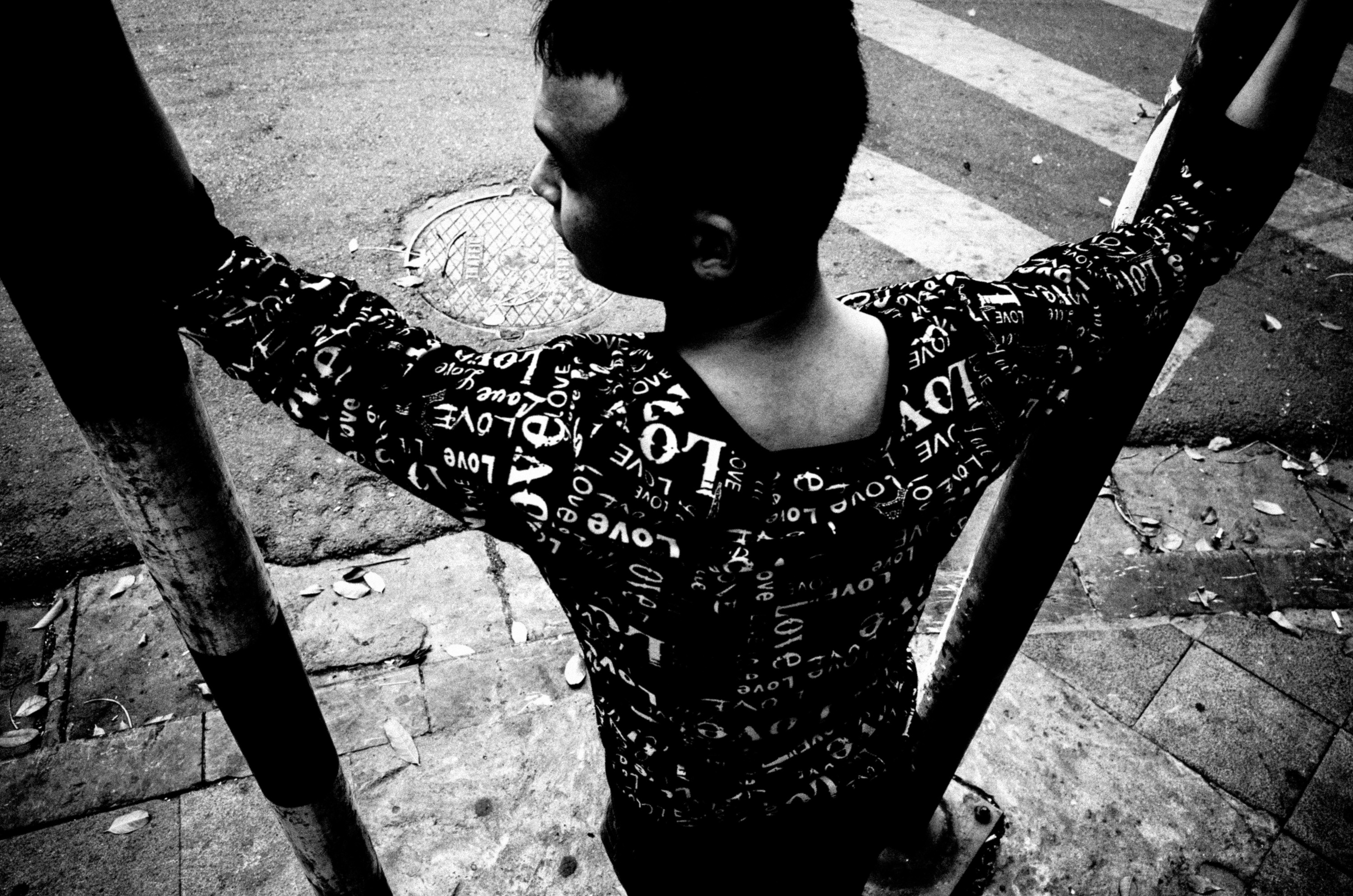

Dear friend,
I want to write you some words of encouragement to have creative confidence in yourself:
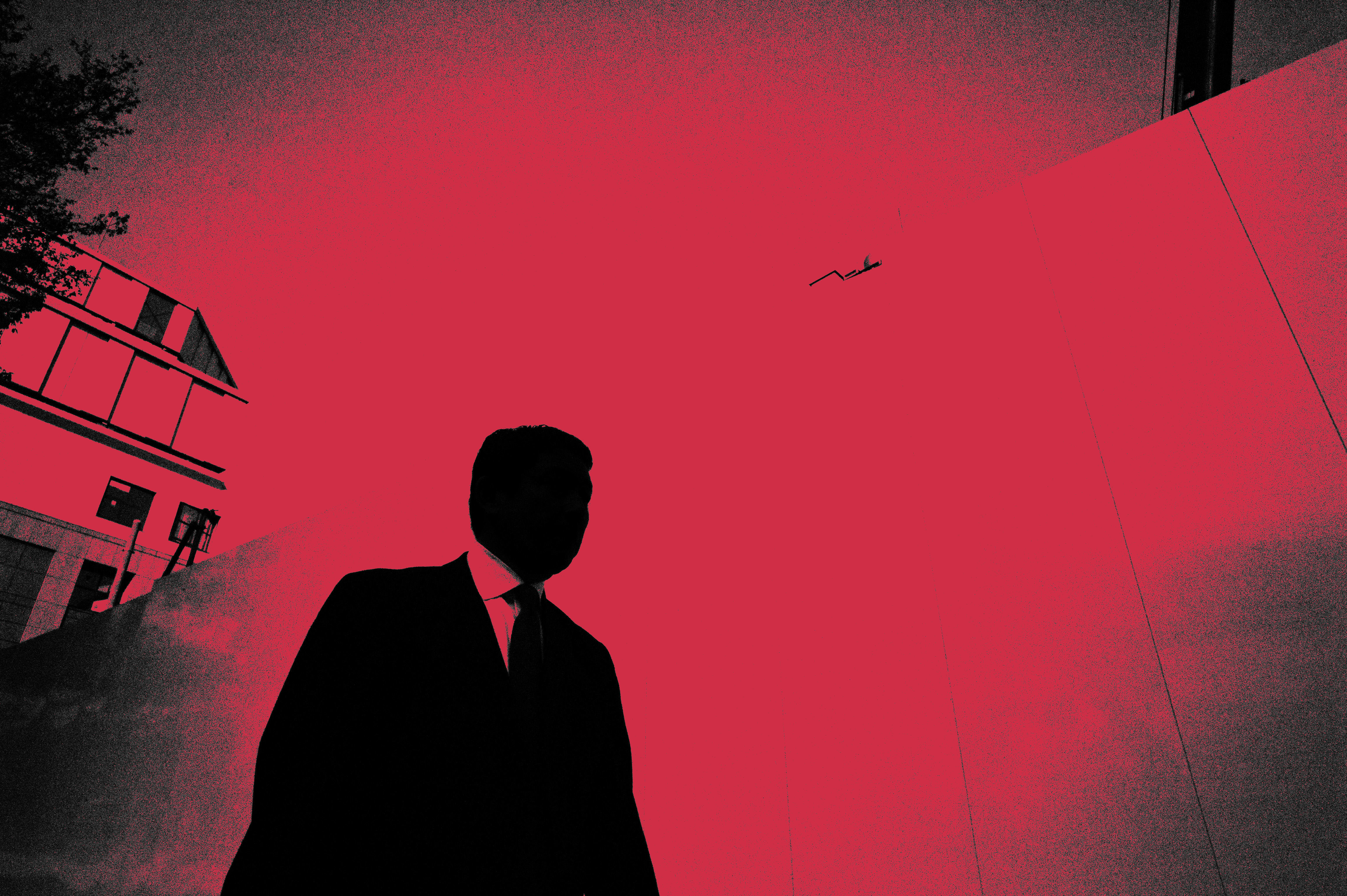

Dear friend,
When it comes to your photography, art, or life — a tip I have for you on living: decisions you make is either a “Hell fucking yeah, or no.â€
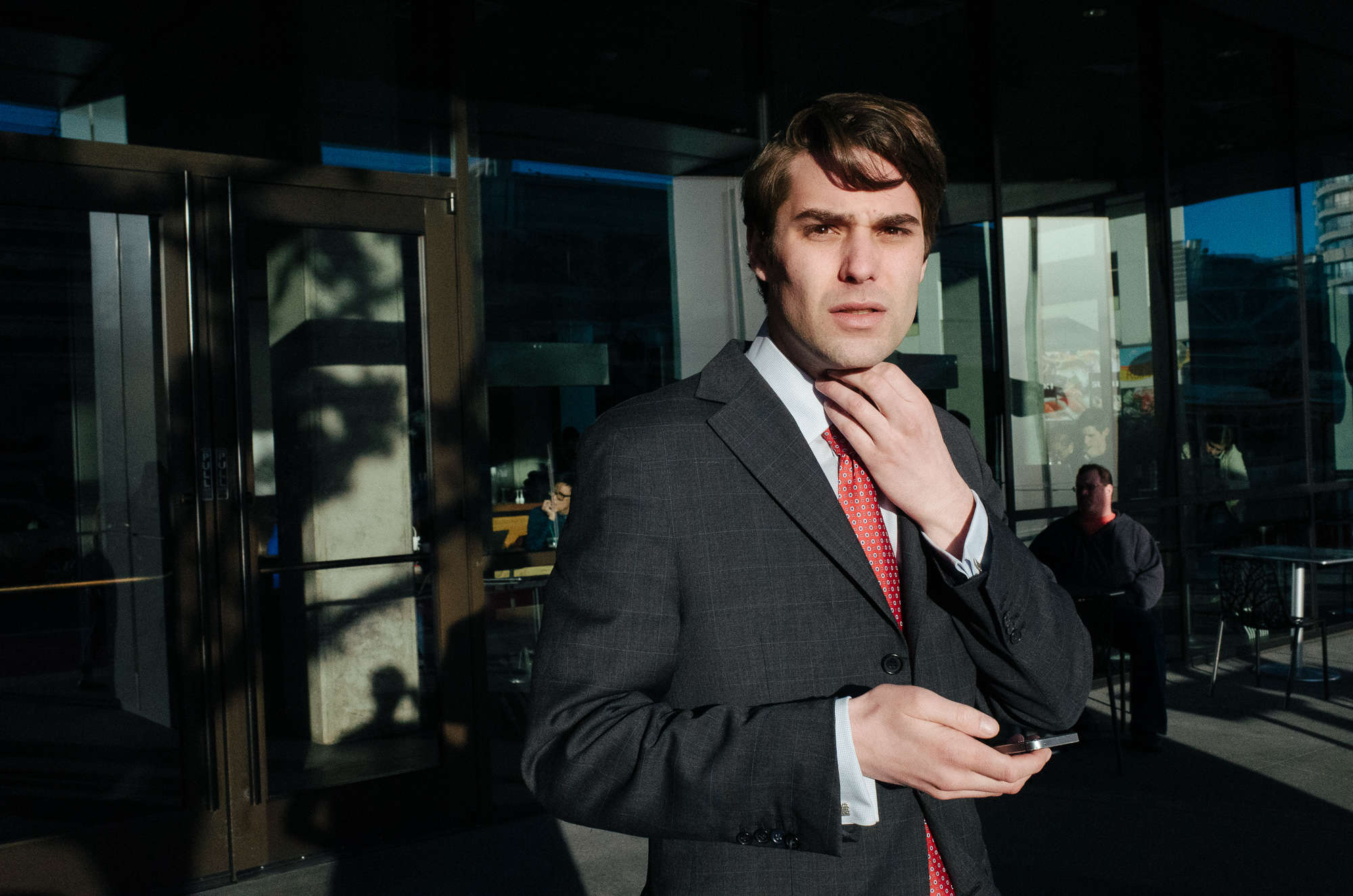

Only work on a photography project if it works for you — if you find it confusing, stressful, or boring; don’t do it. (more…)


Dear friend,
I think we are all trying to find meaning in our photography. (more…)


I feel one of the biggest mistakes is that we confuse the difference between being “rich†and being “wealthy.†(more…)
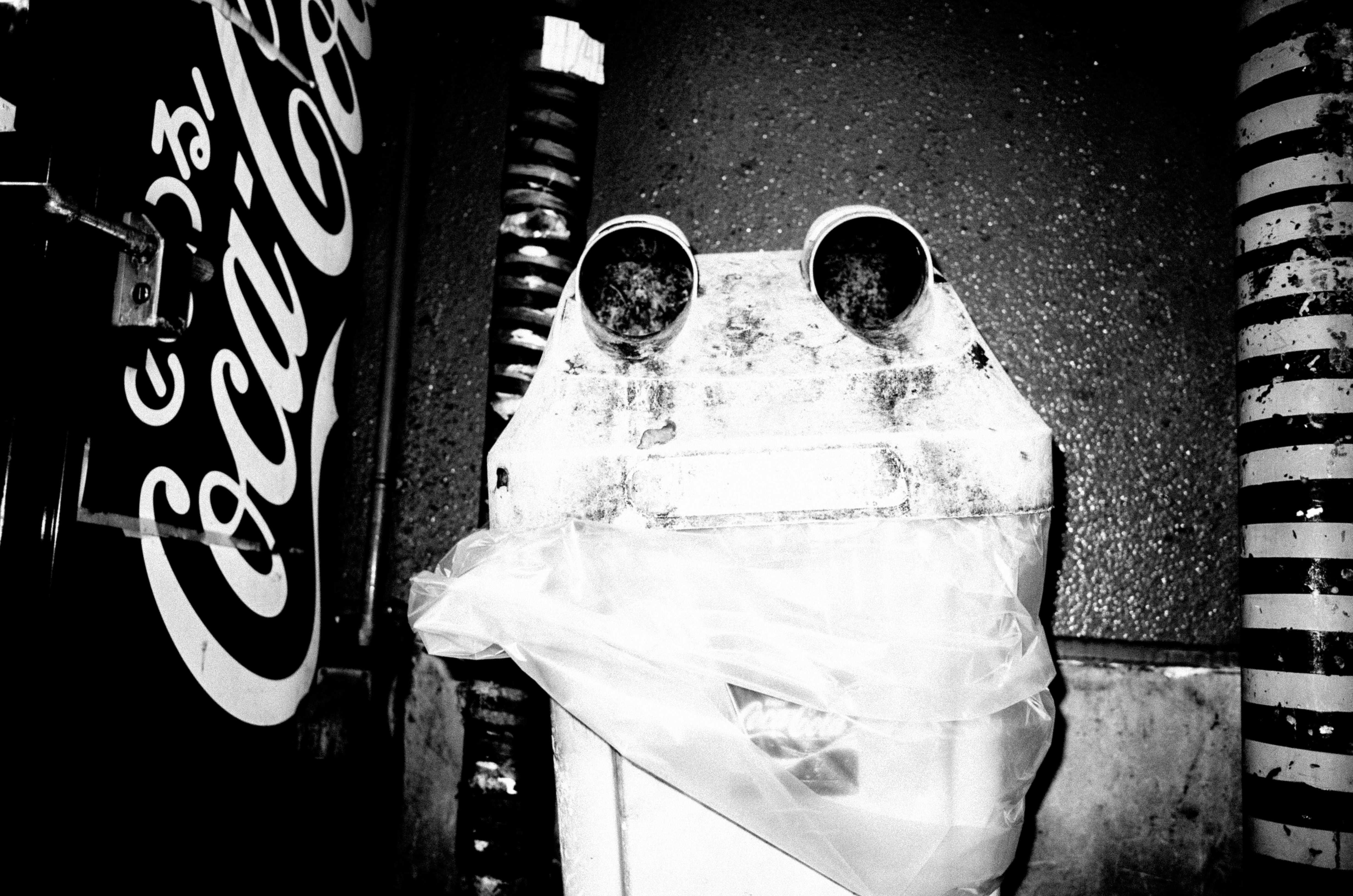

How do you be a “productive†photographer — who is always inspired, always making photos, and outputting? (more…)
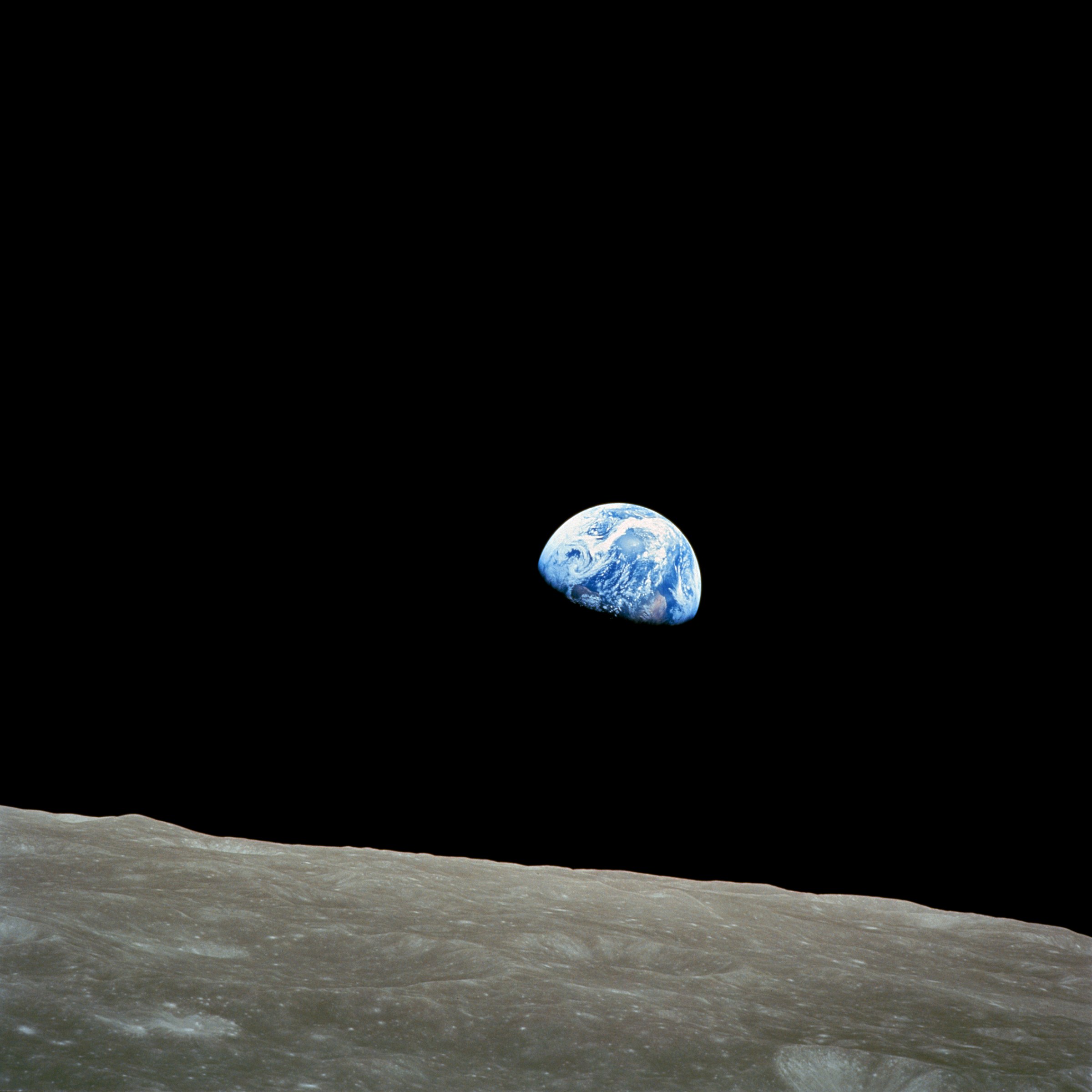

Buckminster Fuller wrote this interesting book called ‘Operating Manual For Spaceship Earth’ (written 1969)— using the Earth as a metaphor for a spaceship:
Here are some ideas:
Our drive is to understand and be understood.

But specialization is in fact only a fancy form of slavery wherein the “expert” is fooled into accepting his slavery by making him feel that in return he is in a socially and culturally preferred, ergo, highly secure, lifelong position. But only the king’s son received the Kingdom- wide scope of training.

Also the problem of specialization; it is like in-breeding.
To breed faster race horses, you get the fastest race horses (with the best genes), and constantly breed them together. More often than not, they are of the family family. So you keep in-breeding them, and each generation becomes more specialized, but less adaptable. And consider the genetic flaws of in-breeding.

We need to have creative control over our lives; to express our creative faculties and abilities.

Imagine us living on a spaceship. Except that spaceship is planet earth:
Our little Spaceship Earth is only eight thousand miles in diameter, which is almost a negligible dimension in the great vastness of space. Our nearest star our energy-supplying mother-ship, the Sun‹is ninety-two million miles away, and the nearest star is one hundred thousand times further away. It takes approximately four and one third years for light to get to us from the next nearest energy supply ship star. That is the kind of space-distanced pattern we are flying. Our little Spaceship Earth is right now traveling at sixty thousand miles an hour around the around the sun and is also spinning axially, which, at the latitude of Washington, D. C., adds approximately one thousand miles per hour to our motion. Each minute we both spin at one hundred miles and zip in orbit at one thousand miles. That is a whole lot of spin and zip. When we launch our rocketed space capsules at fifteen thousand miles an hour, that additional acceleration speed we give the rocket to attain its own orbit around our speeding Spaceship Earth is only one-fourth greater than the speed of our big planetary spaceship.
What will happen when we run out of fuel, or food, or pollute our spaceship to death?

We have unlimited potential to change the environment; to bend it to our will:
Once man comprehended that any tree would serve as a lever his intellectual advantages accelerated. Man freed of special-case superstition by intellect has had his survival potentials multiplied millions fold. By virtue of the leverage principles in gears, pulleys, transistors, and so forth, it is literally possible to do more with less in a multitude of physio-chemical ways. Possibly it was this intellectual augmentation of humanity’s survival and success through the metaphysical perception of generalized principles which may be objectively employed that Christ was trying to teach in the obscurely told story of the loaves and the fishes.
Know that the human mind has the ability to infinitely multiply inventions, new ideas, new thoughts, new inventions— for the betterment of all of humankind.

We need to use our intellectual capability for the highest advantage of all of humankind.
Our muscles are very weak compared to other animals. But we can build tools; that is what makes us human.
And what really makes us human? Our use of our minds.

If we are living on a spaceship, even if we have organic material to make more organic compounds, at the rate we are consuming, we will eventually run out.

Money used to be tied to the gold standard; but no longer does. Buckminster Fuller wrote in 1969, that he estimated around 70 billion dollars worth of mined gold:
At present there is about seventy billion dollars of mined gold known to exist on board our Spaceship Earth. A little more than half of it-about forty billion-is classified as being “monetary”; that is, it exists in the forms of various national coinages or in the form of officially banked gold bullion bars. The remaining thirty billion is in private metallic hordes, jewelry, gold teeth, etc.
Banks don’t earn wealth. Buckminster Fuller says that the world’s annual gross product can be in excess of a quadrillion dollars (1969 estimate):
Since banks have no money of their own and only our deposits on which they earn “interest,” bank wealth or money consists only of accrued bank income. Income represents an average return of 5 per cent on capital invested. We may assume therefore from an estimate of the world’s annual gross product that the capital assets, in the form of industrial production, on board our Spaceship Earth are at present worth in excess of a quadrillion dollars. The world’s total of seventy billion dollars in gold represents only three one-thousandths of I per cent of the value of the world’s organized industrial production resources. The gold supply is so negligible as to make it pure voodoo to attempt to valve the world’s economic evolution traffic through the gold-sized needle’s “eye.”
What is wealth anyways?

No matter how much wealth we have, we cannot alter the past. Nor can we use wealth to live forever.
First, I say, “No matter what you think wealth may be and no matter how much you have of it, you cannot alter one iota of yesterday.” No protest? We’ve learned some lessons. We can say that wealth is irreversible in evolutionary processes. Is there anyone who disagrees with any of my statements thus far about what wealth is or is not? Good-no disagreement-we will go on.
Buckminster Fuller uses the analogy — how can we use wealth if we were shipwrecked, on an island by ourselves?
Now, I’m going to have a man in a shipwreck. He’s rated as a very rich man, worth over a billion dollars by all of society’s accredited conceptions of real wealth. He has taken with him on his voyage all his stocks and bonds, all his property deeds, all his checkbooks, and, to play it safe, has brought along a lot of diamonds and gold bullion. The ship burns and sinks, and there are no lifeboats, for they, too, have burned. If our billionaire holds on to his gold, he’s going to sink a little faster than the others. So I would say he hadn’t much left either of now or tomorrow in which to articulate his wealth, and since wealth cannot work backwardly his kind of wealth is vitally powerless.
Money, wealth, is just like poker chips at the casino— it represents wealth; but isn’t real wealth:
(Wealth) is really a worthless pile of chips of an arbitrary game which we are playing and does not correspond to the accounting processes of our real universe’s evolutionary transactions. Obviously the catastrophied billionaire’s kind of wealth has no control over either yesterday, now, or tomorrow. He can’t extend his life with that kind of wealth unless he can persuade the one passenger who has a life-jacket to yield that only means of extending one life in exchange for one crazy moment’s sense of possession of all the billionaire’s sovereign-powers-backed legal tender, all of which the catastrophy-disillusioned and only moments earlier “powerfully rich” and now desperately helpless man would thankfully trade for the physical means of extending the years of his life; or of his wife.
According to Buckminster Fuller, real wealth is the Earth itself:
It is obvious that the real wealth of life aboard our planet is a forwardly-operative, metabolic, and intellectual regenerating system.
To have more wealth is to have more time, to have more freedom of our schedules, of our creative minds. We need to use money to free our minds, to explore the mysteries of the world:
Freeing his time for its more effective exploratory investment is to give man increased wealth.
To me, wealth is just having the freedom to pursue what is interesting to you. To seek mastery of your own mind.

We complain about today’s world, but consider how far we’ve come. We have increased human life spans, eliminated almost all diseases, increased travel distances, and invented the internet:
Our most reliable, visionary, and well-informed great-grandfathers of I8IO could not have foreseen that in the meager century and one-half of all the billionsfold greater reaches of known universal time that human life-span would be trebled, that the yearly real income of the individual would be “enfolded, that the majority of diseases would be banished, and human freedom of realized travel one-hundred-folded; that humans would be able to whisper effortlessly in one another’s ear from anywhere around the world apart and at a speed of seven hundred million miles an hour.
Billion-fold increase of our human capability.
We can communicate instantly; to anyone in the world.

In the past, only ‘divinely ordained kings and nobles were entailed to eat fairly regularly.’ To eat regularly was the sign of success back then.
But now, we have ‘vastly higher performance per pound tools’ — which can unlock our human potential.
To me, success is just pursuing what you are passionate about, and developing the fullest extent of your inner-capabilities.

Let us seek to increase the ‘per pound performance’ of the world’s resources— to provide all of humanity a higher standard of living.
That means— how can we use the finite/limited resources we have on planet earth, and figure out how to make more effective/efficient/productive use of it?
To produce more, with using less?
Or, to gain more performance and output, with less fuel or intake?

“I owned 54 cars, but will never own another. I have not given up driving. I began to leave my cars at airports.†– Buckminster Fuller
Buckminster Fuller says how he is progressing to cease to own things. That possessing stuff is often more burdensome to us. And also consider:
And how little are we actually at home?
For me, I love to buy stuff. But I know that by buying more stuff, I am just cluttering up my home, my mind, and continuing to deplete resources.
How can I live a lifestyle where I consume less, but share more?
Realize that I have unlimited potential; never stop developing my skills, my knowledge of the world, and sharing.
Learn more: 53 Lessons Buckminster Fuller Has Taught Me About Life

Never stop learning:
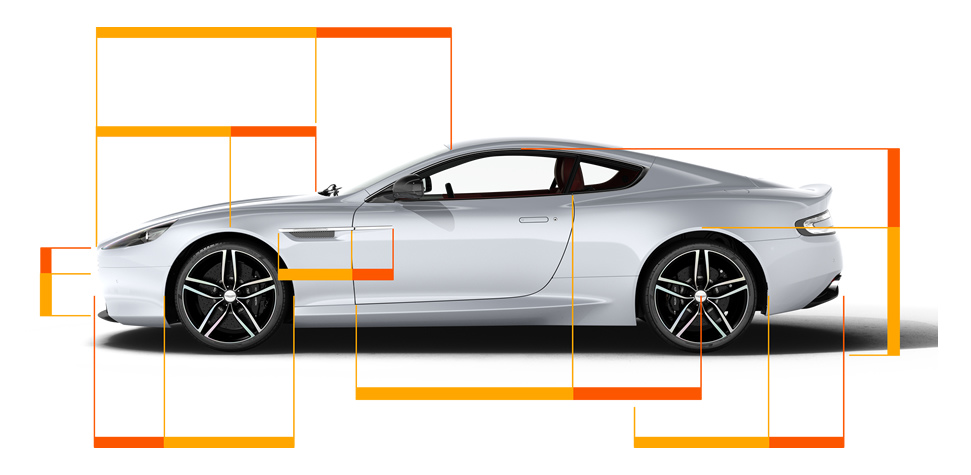

Are you you in control of your steering wheel in life? Or is someone else driving your life for you?
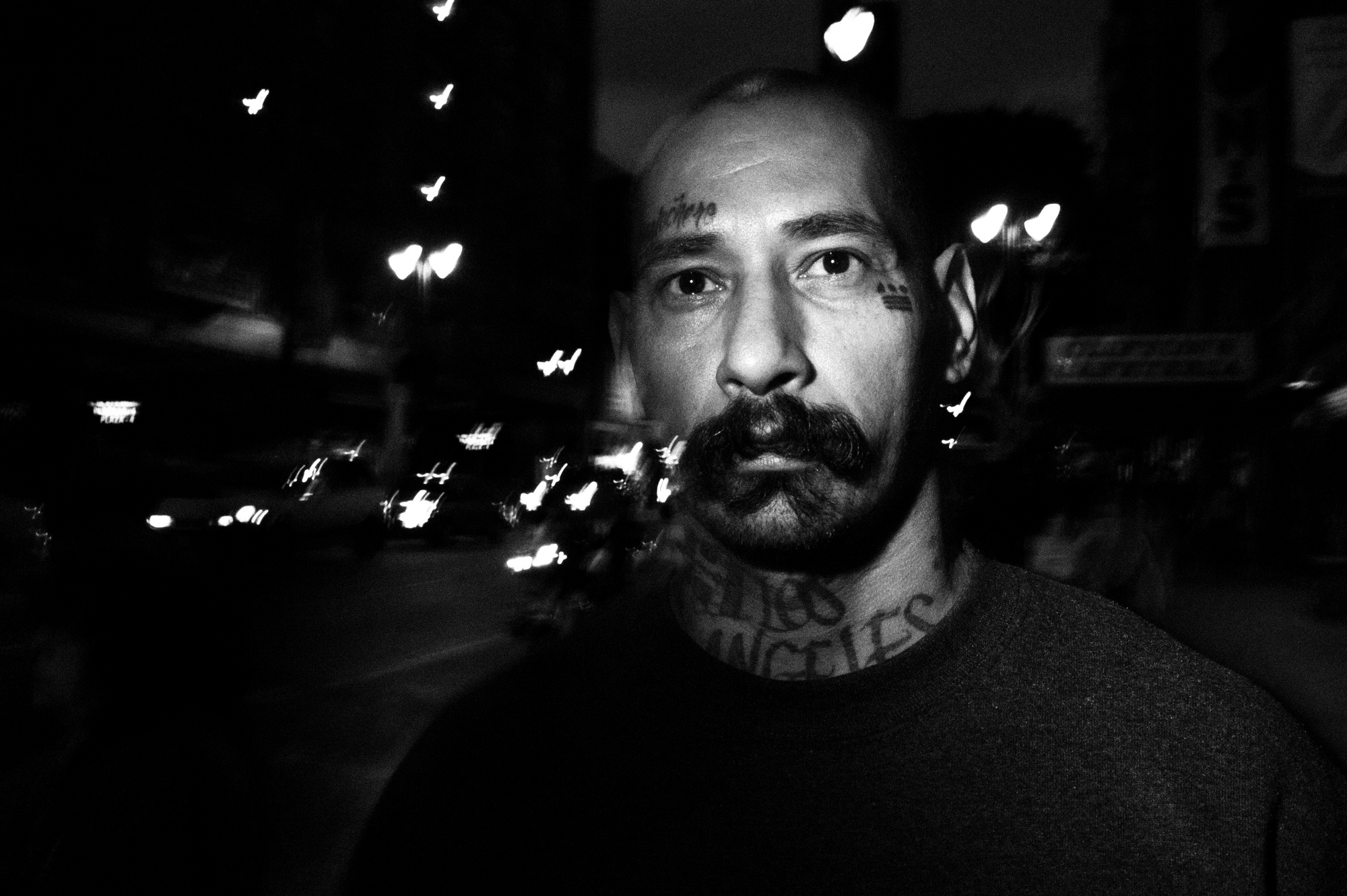

Nobody knows what they are ‘passionate’ about photographing; but we certainly know what we’re afraid of photographing.
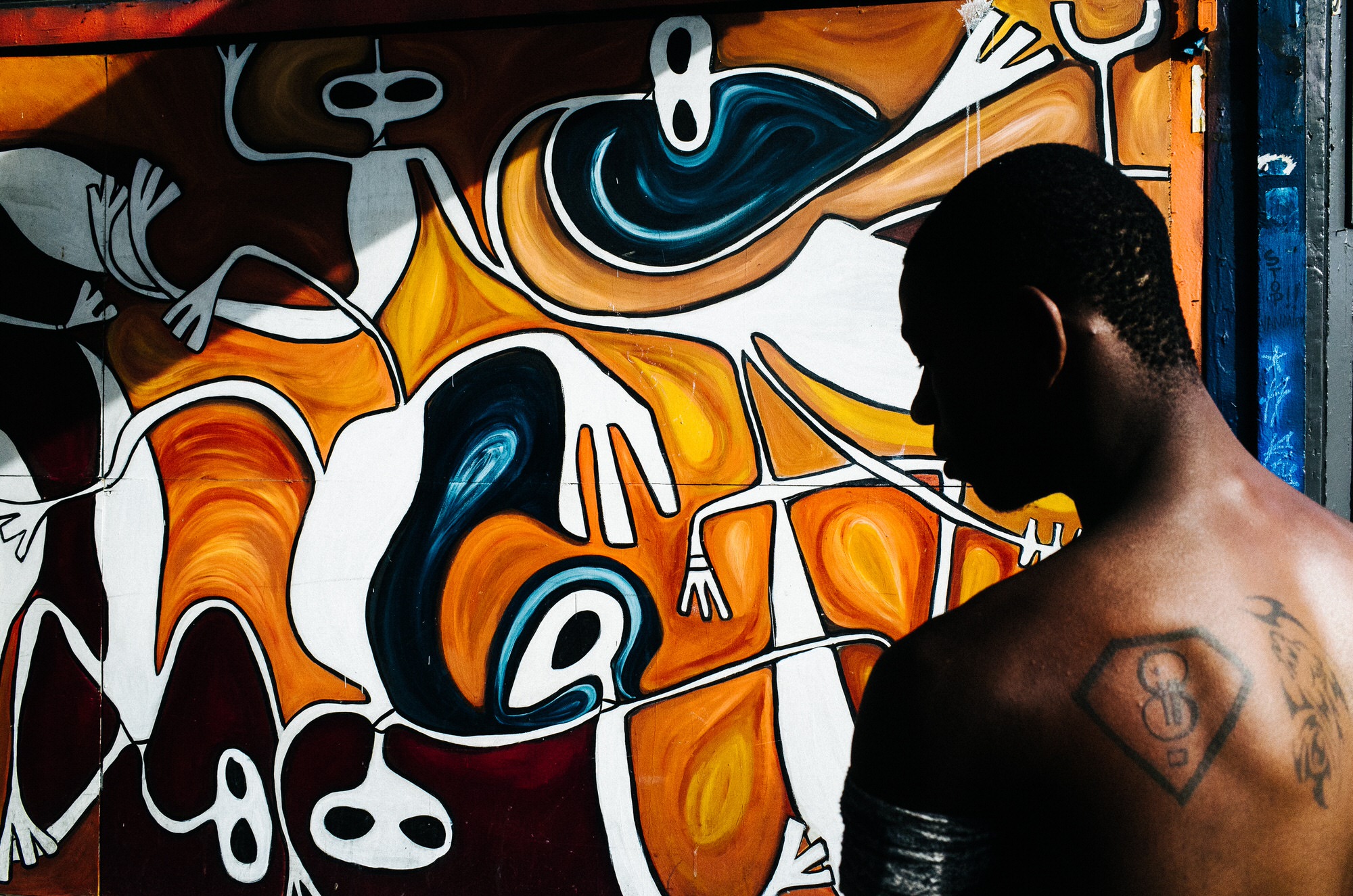

Personal thoughts on how to make more art in your life, and to have more self-confidence in yourself:
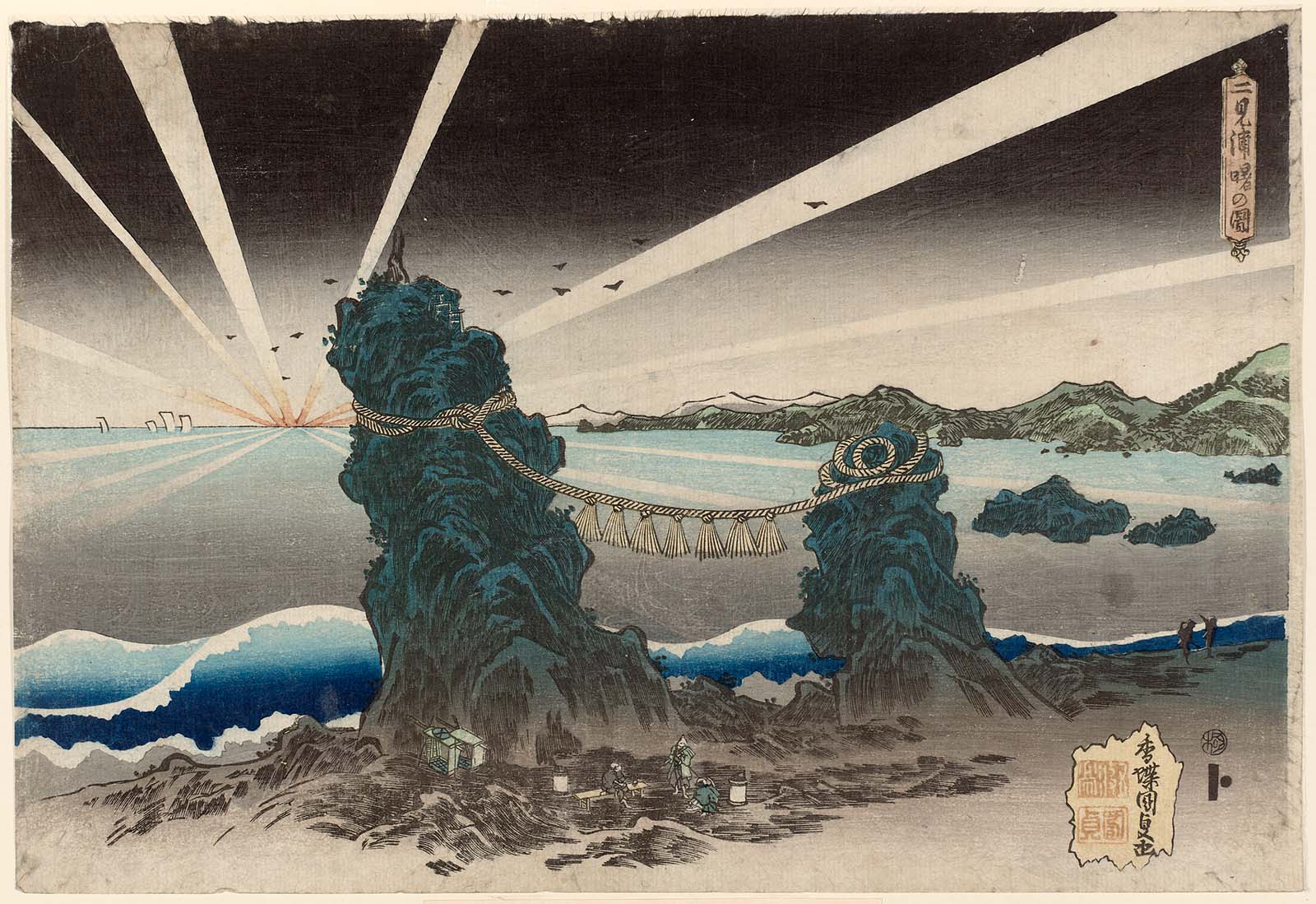

I’ve been very inspired by traditional Japanese woodblock printing — strong graphics, clean lines, with soul:

Interview with Cindy A. Nguyen: essayist, dreamer, and maker.
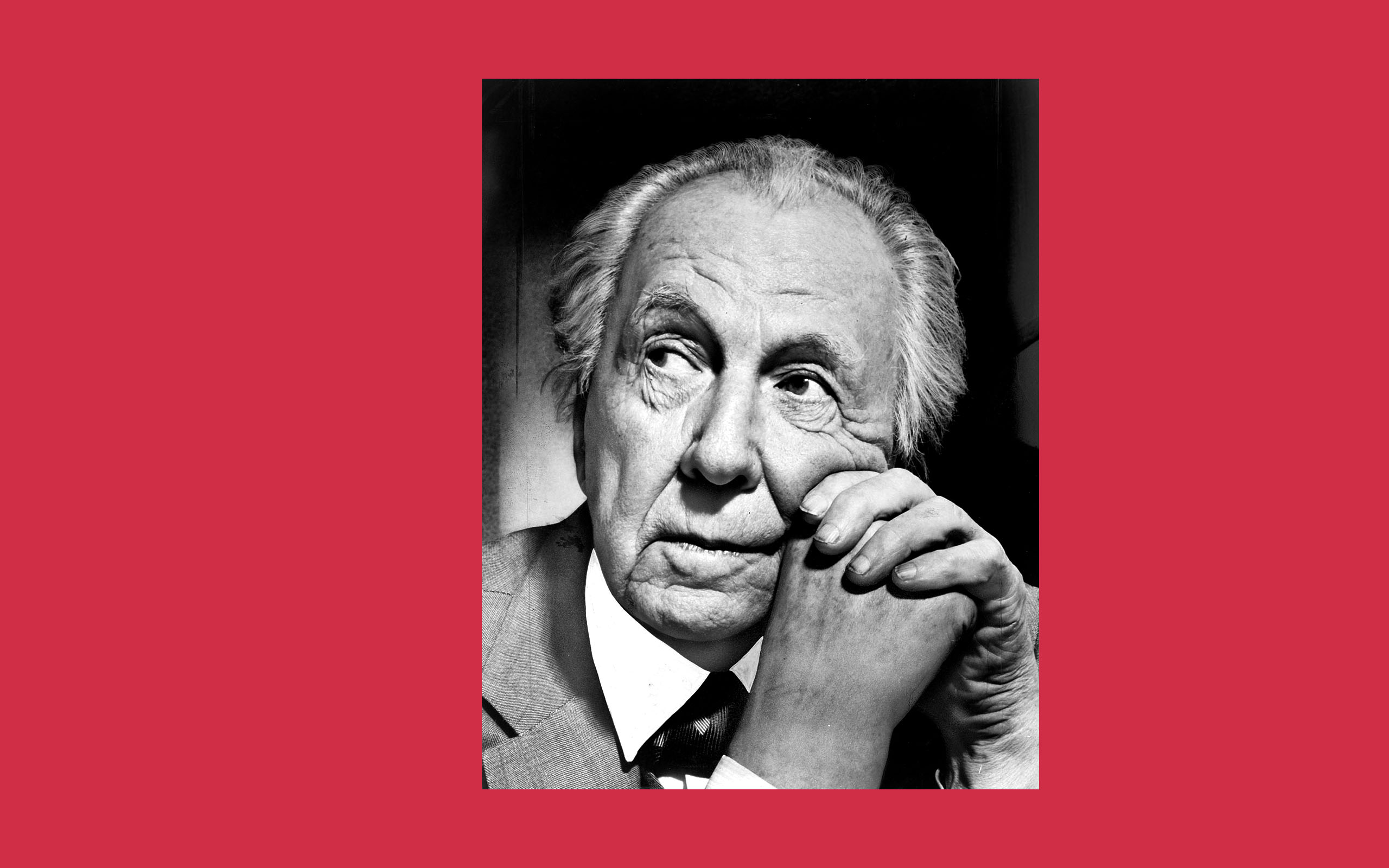

Frank Lloyd Wright; genius maverick architect, who was one of the first leading ‘modernist’ architects, who followed his gut:
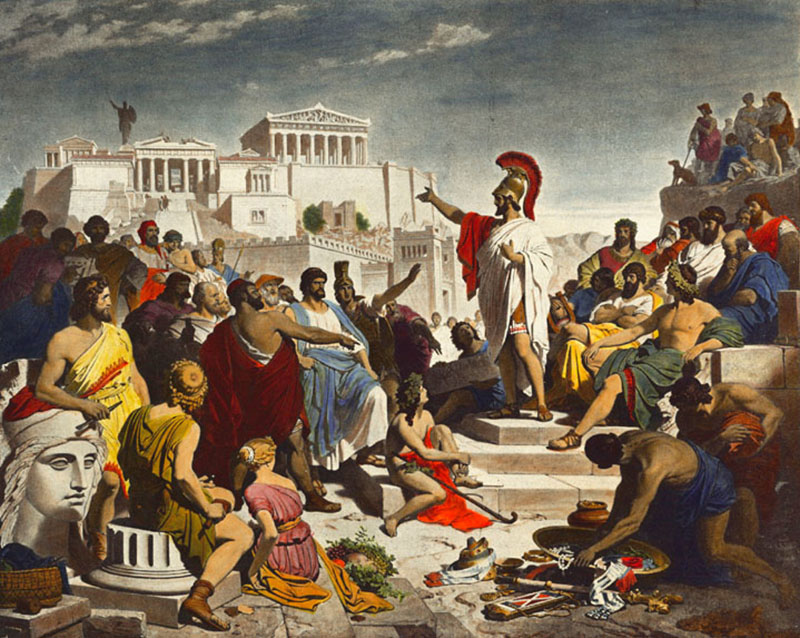
![Pericles' Funeral Oration (Perikles hält die Leichenrede) by Philipp Foltz (1852)[1]](https://i0.wp.com/erickimphotography.com/blog/wp-content/uploads/2017/03/Pericles-Funeral-Oration-Perikles-h%C3%83%C2%A4lt-die-Leichenrede-by-Philipp-Foltz-18521--800x638.jpg?resize=800%2C638)


“If a writer wrote merely for his time, I would have to break my pen and throw it away.” – Victor Hugo
Dear friend, don’t just photograph for yourself– photograph for your future generations:
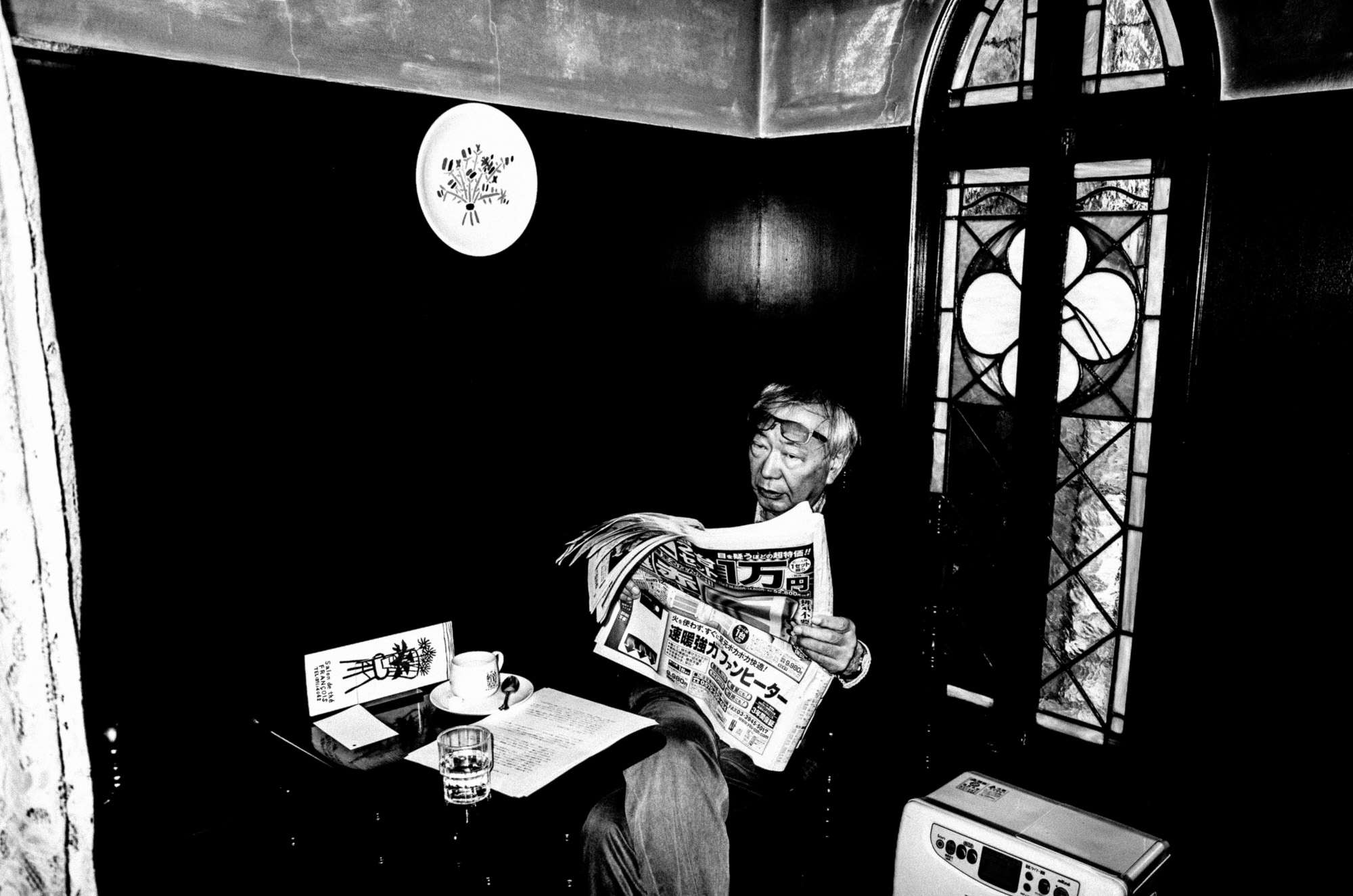

The death clock is ticking— why do you postpone what is truly meaningful to you in life?
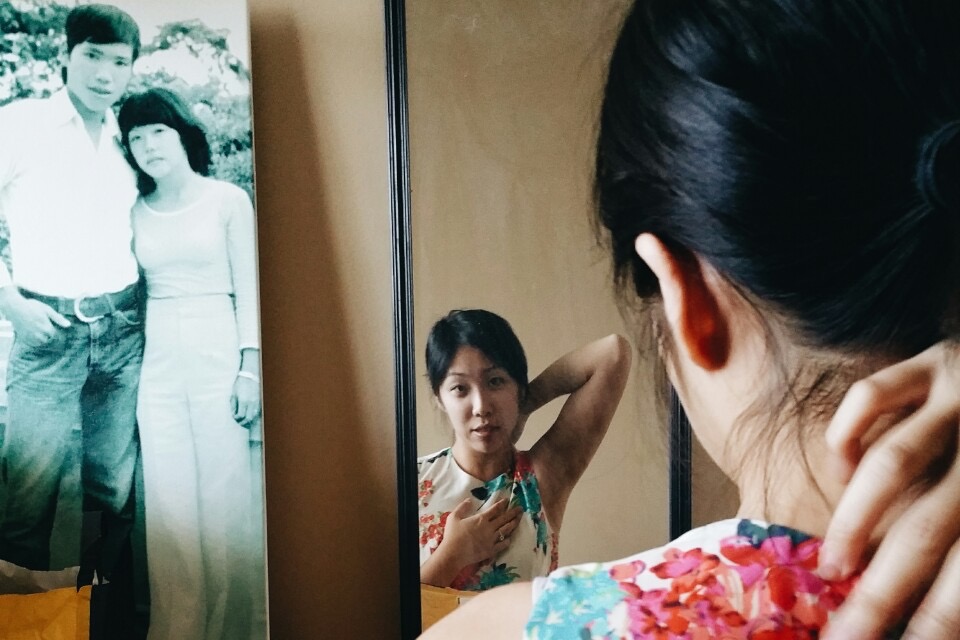

Dear friend; I want to write you a letter on the importance of photographing your loved ones.
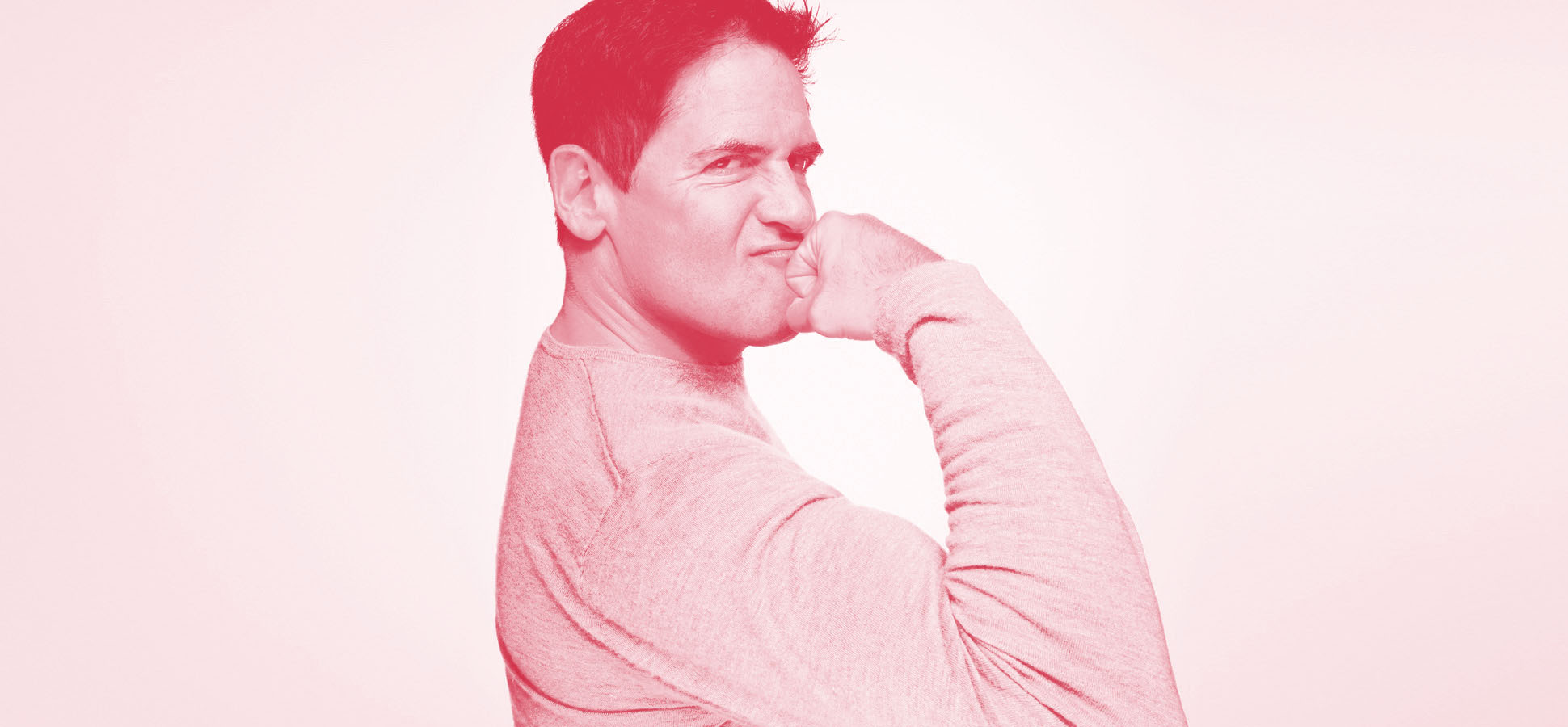
Practical life and business lessons from Mark Cuban, the serial entrepreneur and owner of the Mavericks:
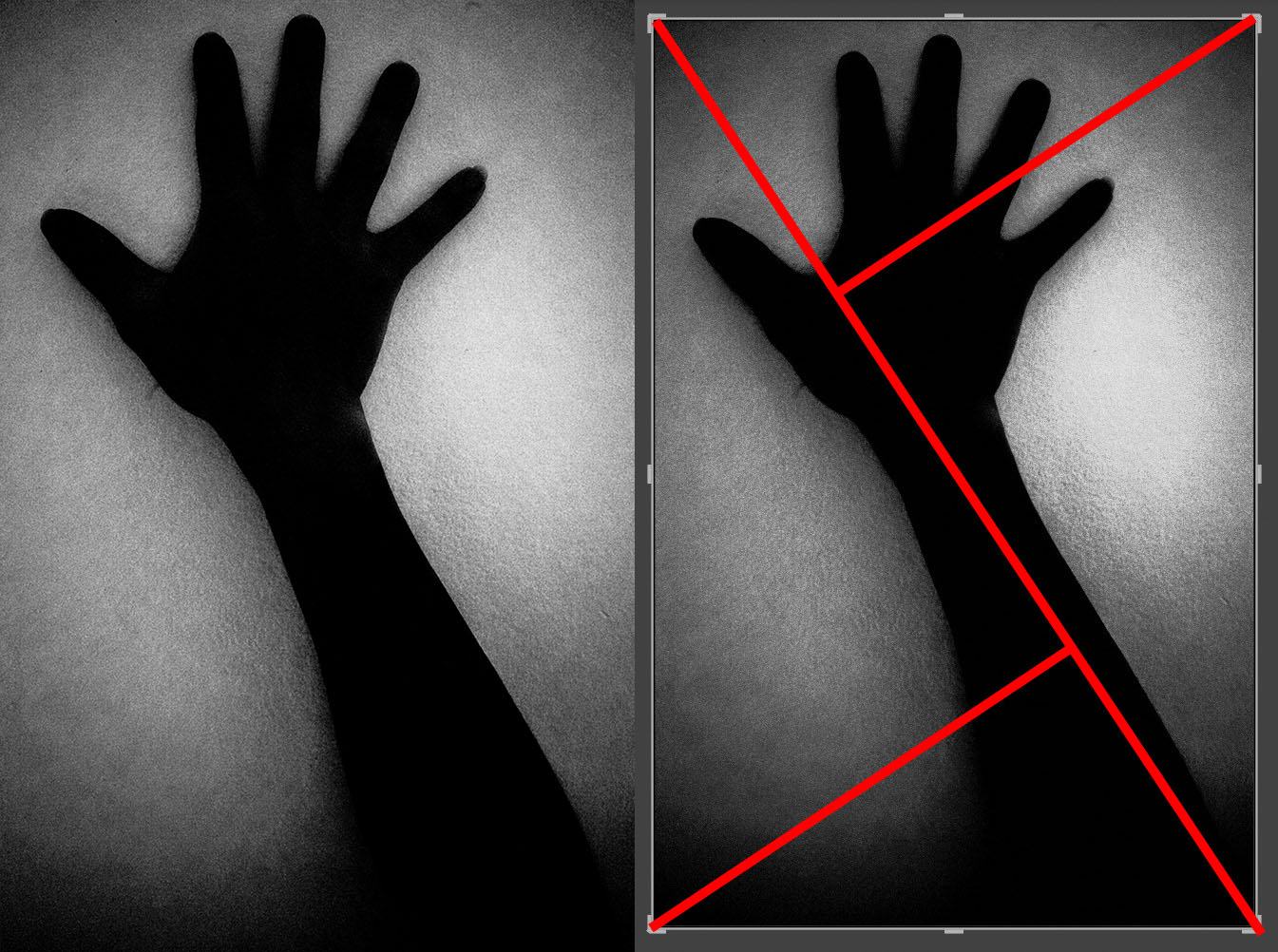

The easiest way to make more dynamic, better compositions: integrate more diagonals into your photos.


I often suffer from “paralysis by analysis†— I think too much when making decisions, and aim for perfection.
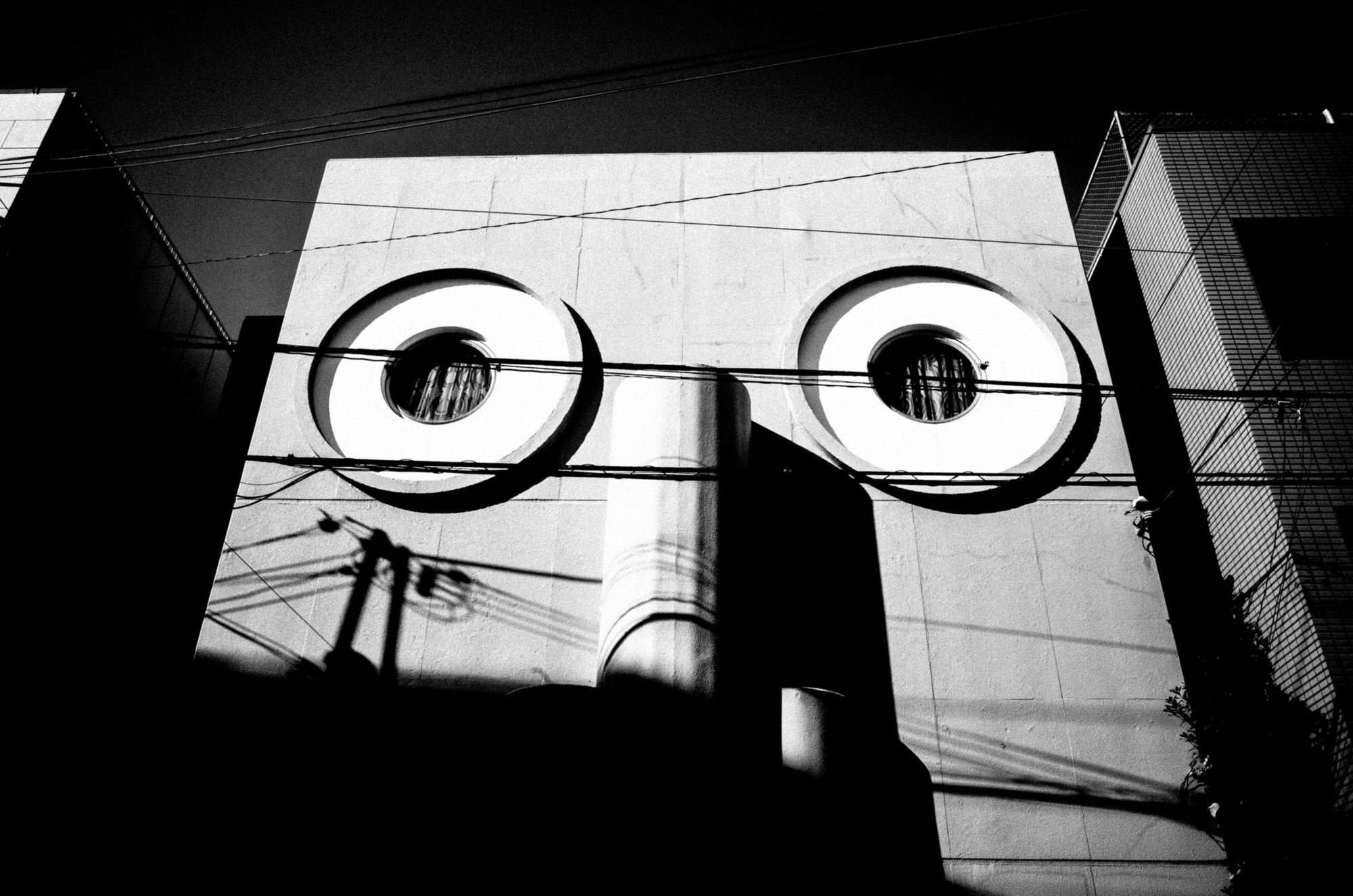

One of the biggest mistakes I think individuals make in life is to think that “success†is making a ton of money, becoming famous, and having tons of influence.